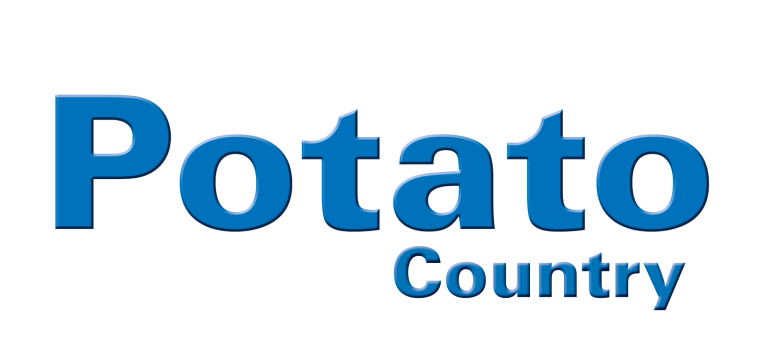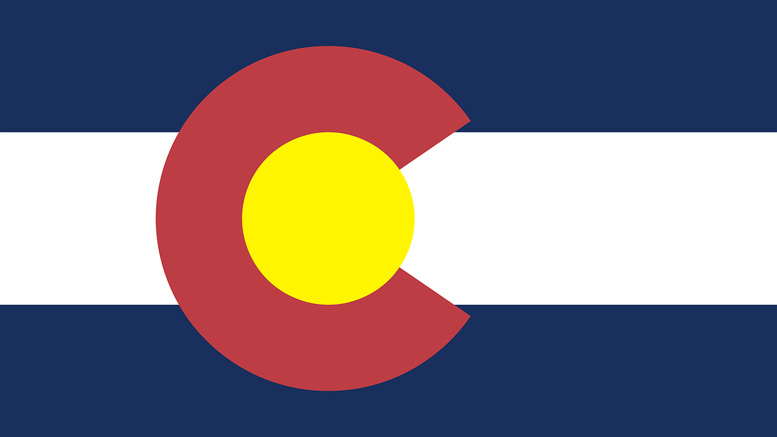|
Click to listen to this article
|
By Jim Ehrlich, Executive Director, Colorado Potato Administrative Committee
2024 will be a very challenging year for potato growers in Colorado’s San Luis Valley. Besides the normal risks of producing a potato crop, there are three daunting challenges facing them this season: market prices, Potato virus Y and irrigation water supplies.
What a difference a year makes! Last year, potato growers experienced some of the best potato prices ever. Today, prices are down 57 percent with growers barely breaking even. U.S. growers planted an additional 48,000 acres in 2023 – 35,000 acres in Idaho alone – and most regions had good yields for the first time in three years. This resulted in approximately a 10 percent increase in potato supplies for 2024 and crashed prices. On Feb. 1, national fresh potato stocks were up 12 percent compared to 2022. This was the largest February supply inventory since 2001. This is bad news for prices, and this large inventory will carry over into the 2024 new crop harvest.
It is particularly difficult for San Luis Valley potato growers because our production is primarily for the fresh market, where there is less contract pricing than process growers have. One of our inherent advantages has traditionally been our lower cost of production compared to most of the country. This advantage is eroding because of increasing irrigation water costs as we adapt to a drier and warmer climate and work to maintain our irrigation water supplies. The 2024 outlook is tough at best unless growers plant fewer acres to balance supply and demand this season.
Keeping the potato crop healthy is the top priority for growers. A critical input, maybe the most important input, is the seed that grows the plant. In the San Luis Valley, potato growers have traditionally purchased high quality certified seed to plant and retained a portion of their crop at harvest to plant the following year. Historically, because the local growing environment did not have high levels of disease pressure, this worked well and saved growers money compared to other areas where planting certified seed every year is the standard practice.
But now San Luis Valley potato growers are facing an epidemic of Potato virus Y. PVY is important because it causes economic damage to the crop by reducing yields, affecting the size profile of tubers and may cause necrotic blemishes to tubers, preventing them from being marketable. PVY is seed borne, making it particularly hard to control unless you can plant certified seed with very low levels of PVY. Over the last decade, PVY levels within the San Luis Valley have escalated out of control. Producing high quality certified seed has become very difficult and has resulted in a very tight seed supply for growers.
PVY is a problem worldwide. A 2014 research study in Idaho determined that PVY was costing growers $19.5 million annually, and this spring Wisconsin potato growers are struggling to purchase crop insurance for a portion of their potential crop due to a shortage of certified seed caused by high levels of PVY. Colorado State University research has confirmed that PVY is costing our growers economically by reducing yields and quality, but we do not know the total value being lost by valley growers. Valley growers are debating how to address this problem. Attempting to solve the issue with the least economic and regulatory impact possible is very challenging. It will require creative ideas and cooperation as we continue to work on potential solutions.
Today, the Rio Grande Basin snowpack is hovering in the 100 percent of average range because of recent snowstorms. Our unconfined irrigation aquifer level is nearly 600,000 acre-feet below the minimum sustainability target set by the Colorado state water engineer. There is a threat that if this target is not met, irrigation pumping will be curtailed in some manner. The clock is ticking toward the deadline to meet this sustainability target. Very hard decisions are coming fast for our growers who have already reduced pumping by 30 percent from pre-2002 levels.
I am confident that these challenges will be met. Farmers are some of the most resilient and toughest people on Earth, and the San Luis Valley has some of the best and most progressive farmers you will ever meet. No one ever said farming is easy.

